Podcast: Play in new window | Download (Duration: 27:59 — 25.6MB) | Embed
Subscribe: Apple Podcasts | Spotify | Amazon Music | Android | Pandora | iHeartRadio | JioSaavn | Podchaser | Gaana | Podcast Index | Email | TuneIn | Deezer | Anghami | RSS | More
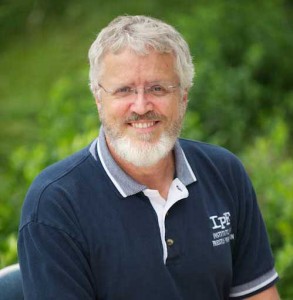
Episode 4 -Marriage in the Lord with Deacon James Keating –
In this episode, Deacon Keating continues to reflect on the Sacrament of Marriage and the liturgy of the Church in which it is celebrated. Where the wedding occurs says much about how the couple perceives the gravitas of the marriage commitment. He then discusses the questions that are asked of the couple at the beginnings of the liturgy. Can they answer the questions with integrity. He also addresses the question of cohabitation and sex outside of marriage.
Deacon James Keating, PhD, explores the theological and spiritual meaning of the Sacrament of Marriage. Using the Catechism of the Catholic Church as a touchstone, Deacon Keating challenges listeners to go to the depths of what it means to be married in the Lord.
Deacon James Keating, PhD, the director of Theological Formation for the Institute for Priestly Formation, located at Creighton University, in Omaha, is making available to ”Discerning Hearts” and all who listen, his series of programs entitled “Marriage in the Lord”
For other episodes in this series visit here
 For more information on the “Institute of Priestly Formation” and for other material available by Deacon Keating, just click here
For more information on the “Institute of Priestly Formation” and for other material available by Deacon Keating, just click here
Don’t forget to pickup a copy of “Spousal Prayer: A Way to Marital Happiness“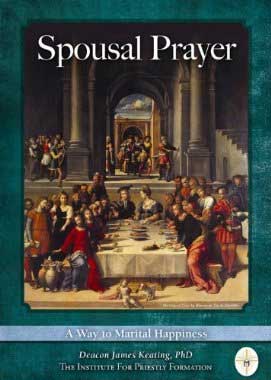

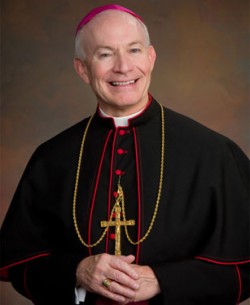 Archbishop Lucas offers insights on the US Catholic Catechism for Adults Chapter 18:
Archbishop Lucas offers insights on the US Catholic Catechism for Adults Chapter 18: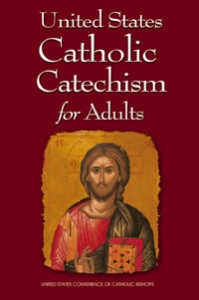 For other episodes in the visit our
For other episodes in the visit our 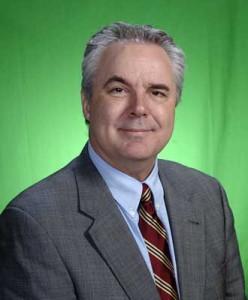 What a phenomenal book! The “journey home” never looked more beautiful. I didn’t want to put down “Life from Our Land: The Search for a Simpler Life in a Complex World”. St. Benedict in the Holy Rule implores us to “listen with the ears of our hearts”. Marcus Grodi, founder of the Coming Home International ministry and EWTN show host, shows us how it can be done. So much more than just a spiritual memoir, Marcus offers us a road map we too could follow that leads from “the head to the heart.” His writing is engaging, funny, and steeped in a warm humility…what a delight. Rich spiritual fruit can be harvested from this book.
What a phenomenal book! The “journey home” never looked more beautiful. I didn’t want to put down “Life from Our Land: The Search for a Simpler Life in a Complex World”. St. Benedict in the Holy Rule implores us to “listen with the ears of our hearts”. Marcus Grodi, founder of the Coming Home International ministry and EWTN show host, shows us how it can be done. So much more than just a spiritual memoir, Marcus offers us a road map we too could follow that leads from “the head to the heart.” His writing is engaging, funny, and steeped in a warm humility…what a delight. Rich spiritual fruit can be harvested from this book.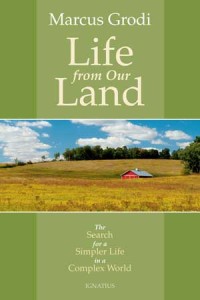


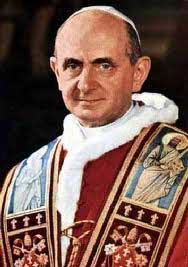
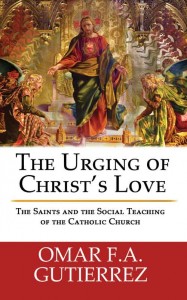
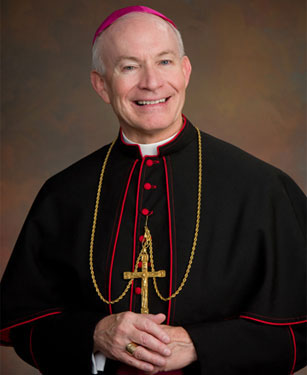

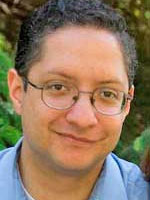
 Pacem in Terris
Pacem in Terris that is, in their irrevocable personal consent.” Both give themselves definitively and totally to one another. They are no longer two; from now on they form one flesh. The covenant they freely contracted imposes on the spouses the obligation to preserve it as unique and indissoluble. “What therefore God has joined together, let not man put asunder.”
that is, in their irrevocable personal consent.” Both give themselves definitively and totally to one another. They are no longer two; from now on they form one flesh. The covenant they freely contracted imposes on the spouses the obligation to preserve it as unique and indissoluble. “What therefore God has joined together, let not man put asunder.”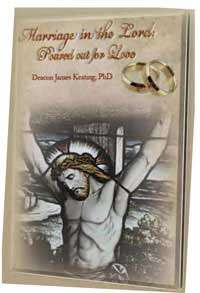 For more information on the “Institute of Priestly
For more information on the “Institute of Priestly  e by Deacon Keating, just click here
e by Deacon Keating, just click here
